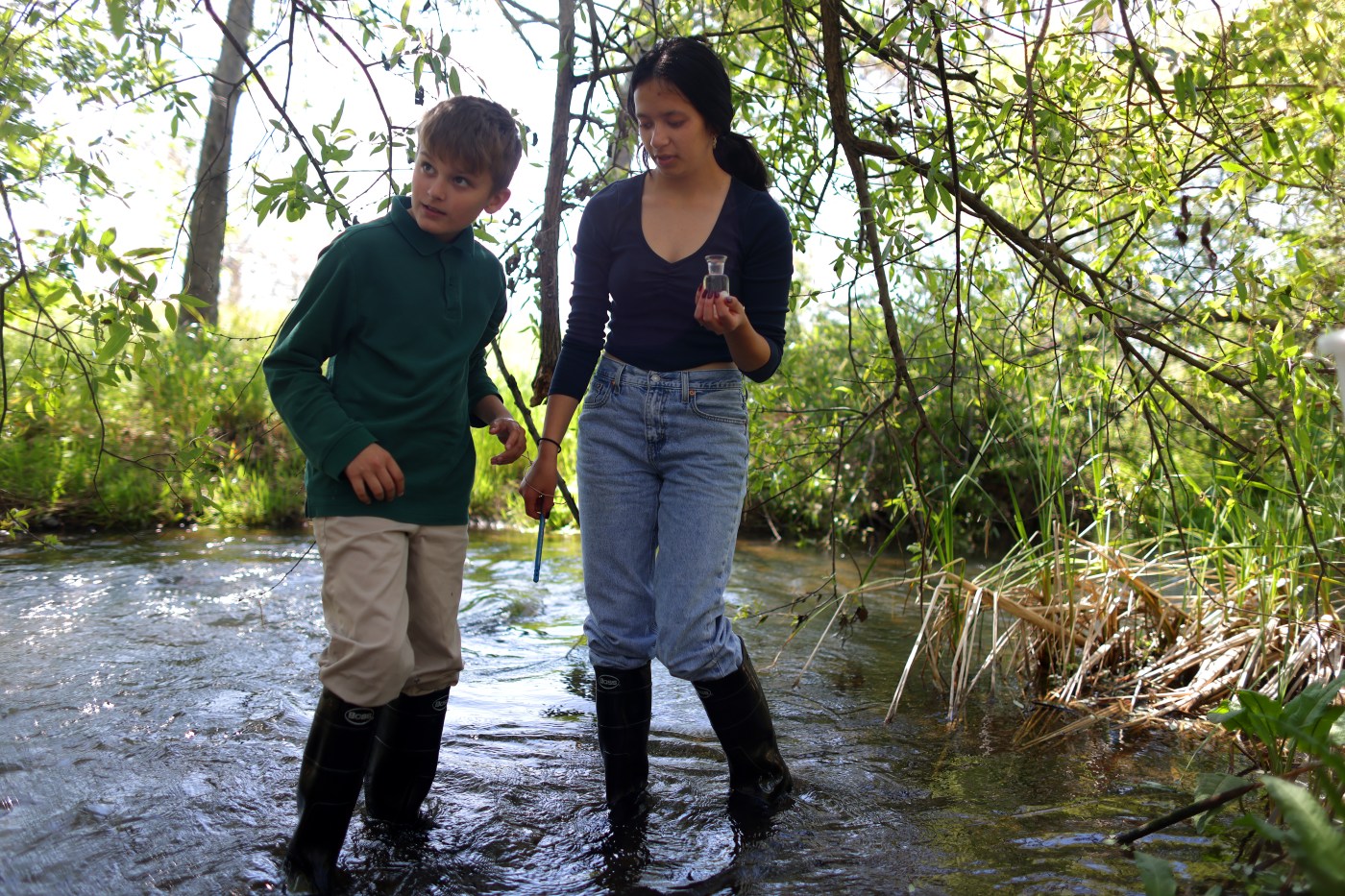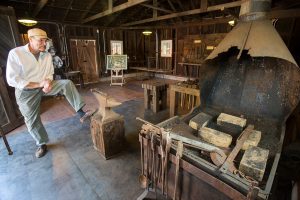Pioneer High School students and faculty marked the 30th anniversary of Children’s Discovery Museum of San Jose’s BioSITE program April 3 by conducting tests on the Guadalupe River near the high school campus.
Through the award-winning program, thousands of elementary and high school students collect data about the local watershed and the plants and animals in this yearlong field research course. The program focuses on the human impact on local watersheds and the actions people can take to protect waterways and the environment.
Since its launch in the 1993-94 school year, nearly 26,000 students from 40 schools—mainly in the San Jose Unified School District—have participated in the BioSITE program. Elementary students work in teams throughout the year studying local creeks and waterways with trained high school student mentors.
In the field, students learn how to mitigate climate change and promote healthy waterways by conducting water quality tests and learning about local plants and animals. Students collect data on water flow, pH, dissolved solids, river height, turbidity, temperature and how much oxygen is in the water throughout the year. They also engage in field-based science activities about the local flora and fauna and the general health of the waterways.
“In a time where peoples’ connection with the environment and nature is becoming scarce, a program like BioSITE is so very important to help build that connection in our young students,” Rob Zacheo, science teacher at Pioneer High School, said in a release. “We hope that all students involved then pay it forward and become environmentally conscious stewards of rivers and local ecosystems and look to make a difference themselves.”












